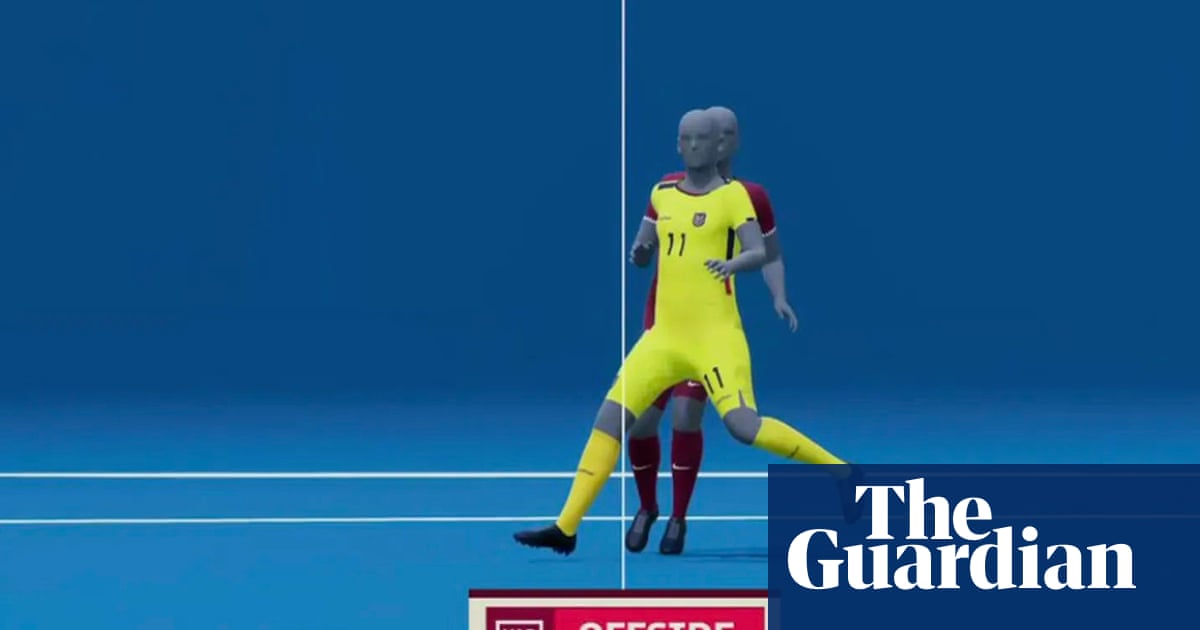
The board will not itself decide whether the technology should be in place at the World Cup but if it offers approval then world football’s governing body could go ahead with its introduction
DOHA: A semi-automated offside system could be used at this year’s World Cup with the International Football Association Board, the guardian of the laws of the game, set to discuss the introduction of the technology in Doha on Monday.
The optical tracking system was trialed at the FIFA Club World Cup in Abu Dhabi earlier this year and had also been tested at the Arab Cup in Qatar last December.
The board will not itself decide whether the technology should be in place at the World Cup but if it offers approval then world football’s governing body could go ahead with its introduction.
“The semi-automated offside system still needs to be evaluated before a final decision is taken,” FIFA said, adding that it was simply “an additional tool to help the VAR.”
Pierluigi Collina, chairman of FIFA’s referees committee, said earlier this year that the introduction of Video Assistant Referees — first used at the World Cup in 2018 — had been “very successful” but that making offside decisions semi-automated would mean greater accuracy and greater speed.
“It’s important the video officials get an accurate decision, but we are aware we need to reduce the time, particularly with offside,” Collina said in February during the trials at the Club World Cup.
The data-driven, limb-tracking technology uses both dedicated and broadcast cameras around the stadium to give the exact position of players on the pitch, offering referees precise information within seconds.
The aim is for the system to generate 29 data points per player — tracking the various parts of the body to create a skeletal, three-dimensional model.
Once a final decision is made, the artificial-intelligence driven technology turns the images into a 3D animation that can be displayed on the big screen at grounds.
The term “semi-automated” is used because FIFA insist that match officials will still make the final call, with a dedicated VAR assistant in place to monitor offsides.
“I know that someone called it ‘robot offside’; it’s not. The technology is simply a tool used by human beings,” said Collina.
Monday’s meeting will also discuss the topic of concussion substitutes, which the IFAB approved in late 2020 on a trial basis for any league wishing to take part until August of this year.
The English Premier League was one of the leagues to begin trialling the use of concussion substitutes in response to growing concerns about the damage caused by head injuries in football.












